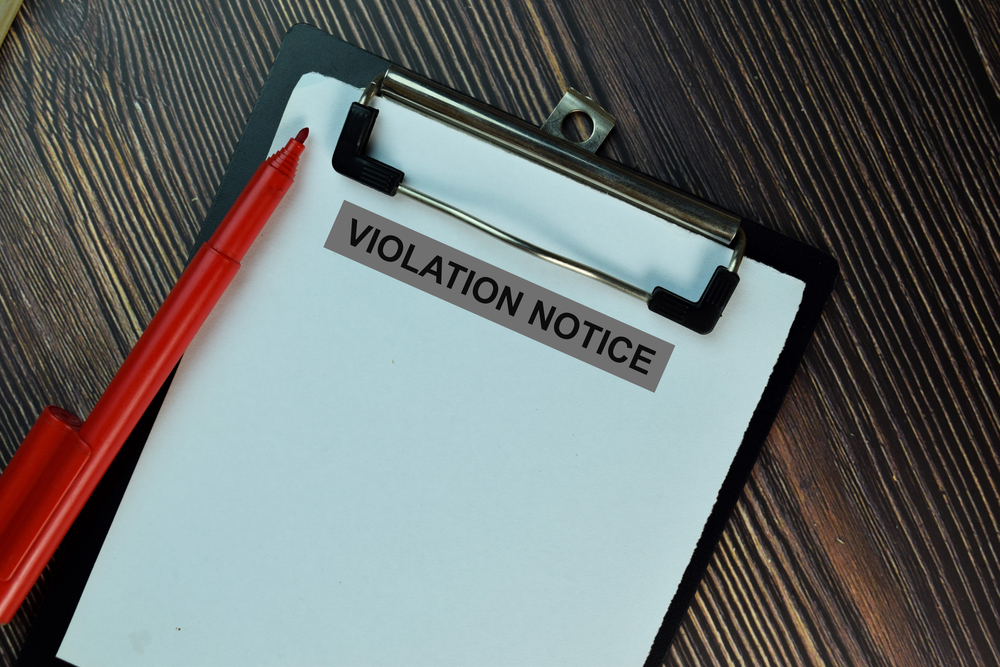
This guide will walk you through what your HOA needs to know about flag display policies, applicable laws, and best practices for enforcement that respects both homeowners' rights and the board's responsibilities.
The most important legal protection in this area is the Freedom to Display the American Flag Act of 2005, which prohibits HOAs from restricting a homeowner’s right to display the U.S. flag on their own property. However, the law does allow associations to impose “reasonable restrictions” regarding the flag’s time, place, and manner of display—such as limiting flagpole height or requiring approval for permanent structures.
But this protection is limited. The federal law only covers the official United States flag—not modified versions like the “Thin Blue Line” or “Rainbow Pride” flags. Additionally, state laws may extend these rights. For example, Florida Statute 720.304 allows residents to display U.S., Florida, and military branch flags regardless of HOA rules. Boards must be familiar with their state’s laws and ensure that their governing documents comply.
Why Selective Enforcement Poses a Legal Risk
An HOA can restrict the display of non-protected flags, but only if it applies its rules consistently and fairly. Selective enforcement—where one homeowner is cited for a flag violation while others are not—is one of the most common legal pitfalls boards encounter.
Boards must never base enforcement decisions on the content or political message of the flag. For example, if a “Blue Lives Matter” flag is prohibited, the same rule must apply to other non-protected flags like “Black Lives Matter,” religious flags, or LGBTQ+ flags, unless clearly outlined otherwise in the governing documents.
To mitigate risk, document and publicly communicate a consistent flag policy that clearly outlines what is and isn’t allowed and how enforcement will be handled.
Boards are wise to adopt a policy that is easy to follow, aligns with federal and state statutes, and can be evenly enforced across the community. Here’s what a well-structured policy should include:
In some jurisdictions, local ordinances may supersede HOA rules, especially when it comes to free speech protections in publicly accessible areas. For example, cities like Irvine, California prohibit any interference with a resident’s right to display political signs or flags in areas open to the general public, including apartment complexes and HOA neighborhoods with unrestricted access.
This means that unless your community is gated or otherwise restricted, enforcing flag rules—particularly those based on message content—may not be legally defensible. Boards should consult with legal counsel to understand how local ordinances interact with HOA policies.
Flag disputes can often become community-wide controversies that erode trust in the board. To avoid this, boards should be proactive:
Even with solid policies, disputes may arise. Boards should aim to resolve these through respectful communication and transparent processes. If a homeowner contests a rule or enforcement action:
Escalation—especially involving public disputes or legal threats—should be a last resort. A calm, policy-based approach builds credibility and helps de-escalate tension.
Conclusion: Build a Consistent and Legal Flag Policy
While the display of flags in HOA communities can evoke strong emotions, it's critical for boards to approach the issue with fairness, legal compliance, and consistent enforcement. Clear policies, regular communication, and legal support are essential to managing flag-related disputes and protecting the association from legal risk.
For boards seeking support in drafting and enforcing community rules, working with an experienced HOA management company can make all the difference. Gordon James Realty provides expert guidance on policy development, governance, and community engagement to help your board lead confidently and compliantly. Learn more about our HOA management services here, and contact our team to start building a stronger, more informed community.

Learn how to craft and enforce HOA parking rules, resolve disputes, and ensure compliance with fair, legally sound enforcement strategies.

Learn how to respond to HOA violation notices, understand your rights, and resolve disputes through hearings, appeals, or mediation.
We're proud to make partnering with us easy. Contact our team to connect with one of our industry experts and get started today.